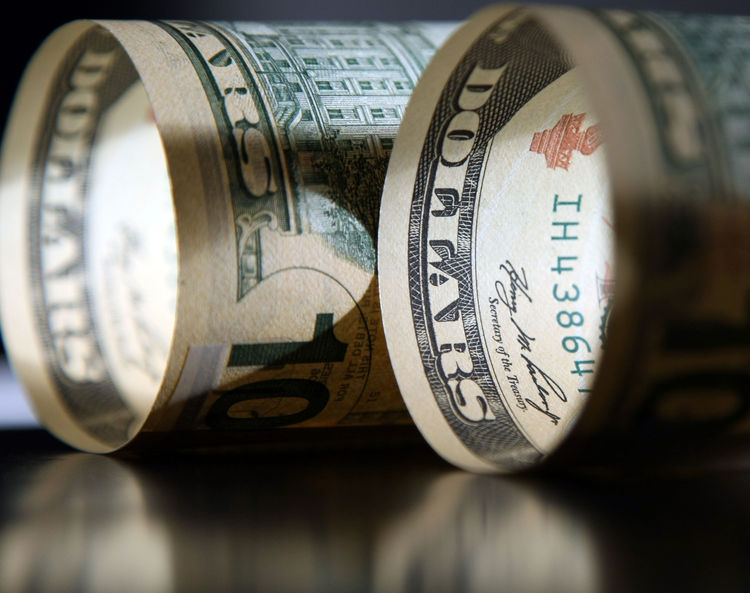Forex
Dollar, Stocks Little Changed on Mixed Fed Signal

Naira
Black Market Dollar to Naira Exchange Rate Today 14th May 2024
The black market, also known as the parallel market or Aboki fx, US dollar to Nigerian Naira exchange rate as of May 14th, 2024 stood at 1 USD to ₦1,520.
Naira
Black Market Dollar to Naira Exchange Rate Today 13th May 2024
The black market, also known as the parallel market or Aboki fx, US dollar to Nigerian Naira exchange rate as of May 13th, 2024 stood at 1 USD to ₦1,500.
Forex
Zimbabwe Implements Strict Rules: $14,782 Fine for Violating Official Exchange Rate
-

 Naira4 weeks ago
Naira4 weeks agoDollar to Naira Black Market Today, April 17th, 2024
-

 Naira4 weeks ago
Naira4 weeks agoDollar to Naira Black Market Today, April 18th, 2024
-



 Naira4 weeks ago
Naira4 weeks agoNaira Appreciates to N1,136/$ Officially, N1,050/$ Parallel Market
-





 Naira3 weeks ago
Naira3 weeks agoDollar to Naira Black Market Today, April 24th, 2024
-

 Commodities4 weeks ago
Commodities4 weeks agoCitigroup Predicts $3,000 Value Amidst Investor Surge
-



 News4 weeks ago
News4 weeks agoARISE News Channel Goes Global: Launches in Nine Southern African Countries
-



 Banking Sector4 weeks ago
Banking Sector4 weeks agoZenith Bank Leads as Restricted Deposits Hit N17.1 Trillion
-

 Travel4 weeks ago
Travel4 weeks agoAir Peace Flight Delayed, Passengers Stranded After Failed Promise of Hotel Stay
























